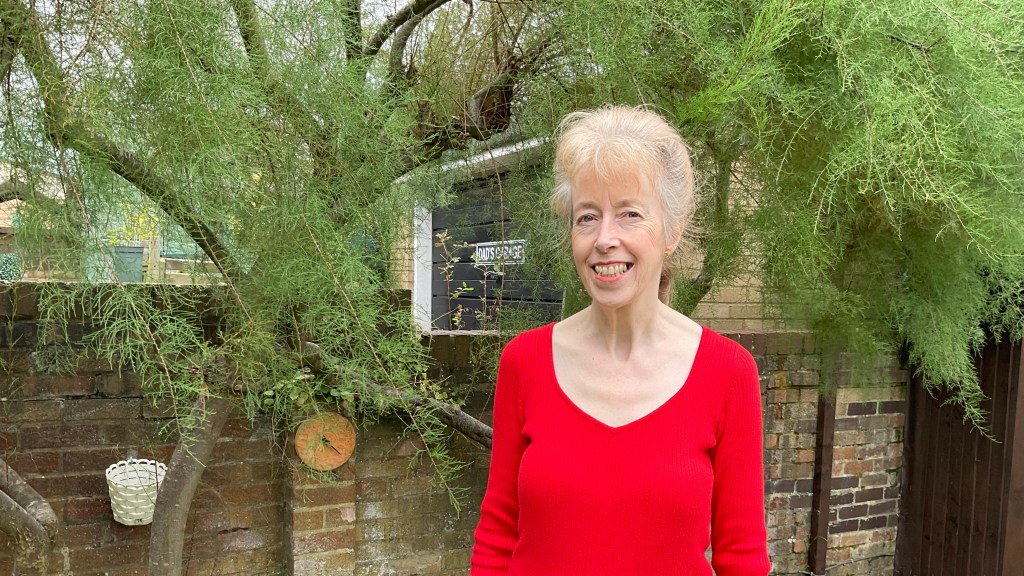Promising Developments for Investors of £57 Million in Care Homes
Investors, including healthcare professionals, who contributed £57 million to a controversial investment scheme focused on elderly care homes may see a partial recovery of their funds following a recent ruling by the High Court.
Between 2016 and 2019, Qualia Care Properties Ltd and Qualia Care Developments Ltd presented investment opportunities in care homes operated by another entity, Qualia Care Limited. They offered long-term leases for 850 rooms across 16 facilities located in Manchester, Liverpool, and Blackpool, with an average investment of £67,000 per lease. This scheme was promoted as a means to support the financially strained social care sector, promising returns of 8-10 percent annually for up to 25 years. Investors were assured that these opportunities were “safe, secure, ethical, hassle-free, and long-term high-yielding.”
However, Qualia Care entered administration in 2022, leading to potential losses amounting to hundreds of thousands of pounds for some investors. This development also caused uncertainty for residents and staff at the care homes, which were only partially owned by Qualia but continued operation under Healthcare Management Solutions after being appointed by the administrator, Griffins.
The Financial Conduct Authority (FCA) initiated legal action against Robin Foster, the owner of the Qualia group, in 2020. The case was presented in the Chancery Division of the High Court in May 2023, where the FCA argued that Foster was managing an illegal collective investment scheme akin to a Ponzi scheme, where returns are generated from new investments rather than from actual profits.
In February, Foster faced a 14-year prohibition from managing a company. On September 18, High Court Judge Claire Jackson ruled that leases from one particular care home could be sold, allowing investors a chance to recoup some of their investments. Further decisions concerning other homes are expected next month, with the administrator optimistic about retrieving approximately £20 million for investors.
Background of the Scheme
The Qualia investment plans attracted medical professionals and others aiming to bolster the social care sector without dealing with property management directly. Investors were assured they would not need to handle tenant issues personally. Approximately 380 individuals secured leases ranging from £50,000 to £75,000 per room, binding them for 25 years, though an exit option was available after 10 years.
The FCA reported that Foster, now 43, established and promoted investment firms without the necessary authorizations. Documentation revealed that he extracted at least £1.8 million from these companies, including an annual salary of £150,000.
Qualia’s collapse preceded the court proceedings, leaving investors unprotected due to the scheme’s unregulated status, barring them from assistance from the Financial Ombudsman Service or the Financial Services Compensation Scheme.
Implications of the Ruling
This case raises significant concerns about unregulated fractional ownership investments, wherein individuals buy shares in accommodations like hotels, care facilities, or storage units. Such opportunities may appeal to those seeking stable rental income without purchasing entire properties but can be marketed by unregulated advisers, complicating risk assessments.
The Solicitors Regulatory Authority (SRA) issued warnings regarding such investments back in 2017 and again in 2020, cautioning potential investors about the inadequate disclosure of risks involved. The SRA noted, “Schemes marketed as routine property acquisitions may actually leverage the buyer’s funds for high-risk developments,” emphasizing the necessity for transparency and education for buyers.
A Personal Experience
Recent court rulings permit the sale of leases that investors purchased for St. Mary’s care home in Moston, near Manchester, which currently houses 77 residents and employs 85 staff.
Robyn Harris, a 67-year-old retired nurse from Chatham, Kent, invested £269,000 in leases for four rooms in Qualia care homes from 2017 to 2019 after selling two buy-to-let properties she didn’t want to manage post-retirement.
Initially, Harris received her payments regularly, but they ceased in September 2019, leading to overwhelming communication full of legal jargon that caused her significant anxiety and sleeplessness.
Gaddes Noble Ltd, her conveyancing firm, went under in 2022, just a month before Qualia. After initiating litigation against Gaddes Noble for neglecting to inform her of the associated risks highlighted by the SRA, Harris reached a settlement.
Recently, Harris signed a deed of surrender for her lease at St. Mary’s, hoping to recover about £20,000 from its sale. The leases are currently being marketed to accredited care home operators approved by the Care Quality Commission.
The administrator, Griffins, plans to invite remaining investors to vote on the lease sale this month and will seek court approval in November. There’s a possibility that investors may recoup about one-third of their investments.
Investors in other Qualia care homes remain uncertain about their futures. The administrator intends to consult leaseholders this month about selling leases in additional facilities before returning to court for permission in November, aiming to return funds to investors by Christmas.
Should All Care Home Investments Be Avoided?
The primary appeal of investing in care homes lies in the sustained demand for resident accommodation and the reliable income generated through resident fees. Fractional ownership could potentially facilitate investment in the sector, but these ventures come with high risks due to their unregulated nature.
William Laing, from healthcare analytics firm Laing and Buisson, commented on the concept saying, “In principle, this idea is not unreasonable. However, suitable regulations are necessary for such investments aimed at general investors. The specifics of this failed venture remain unclear, but competent management is crucial for anyone operating a care facility on behalf of investors.”
Alternative Investment Options
A more traditional approach to property investment is through listed property investment companies, such as Real Estate Investment Trusts (Reits). These entities offer investors opportunities to benefit from the property market without direct property ownership. Reits typically hold various properties across multiple sectors, including office spaces, logistical facilities, and retail properties, helping diversify risk.
Wealth manager Jason Hollands recommends property trusts like Picton Property Income and UK Commercial Property Reits, which focus on commercial real estate. LondonMetric Property, another Reit, invests in sectors including healthcare and hospitality.




Post Comment